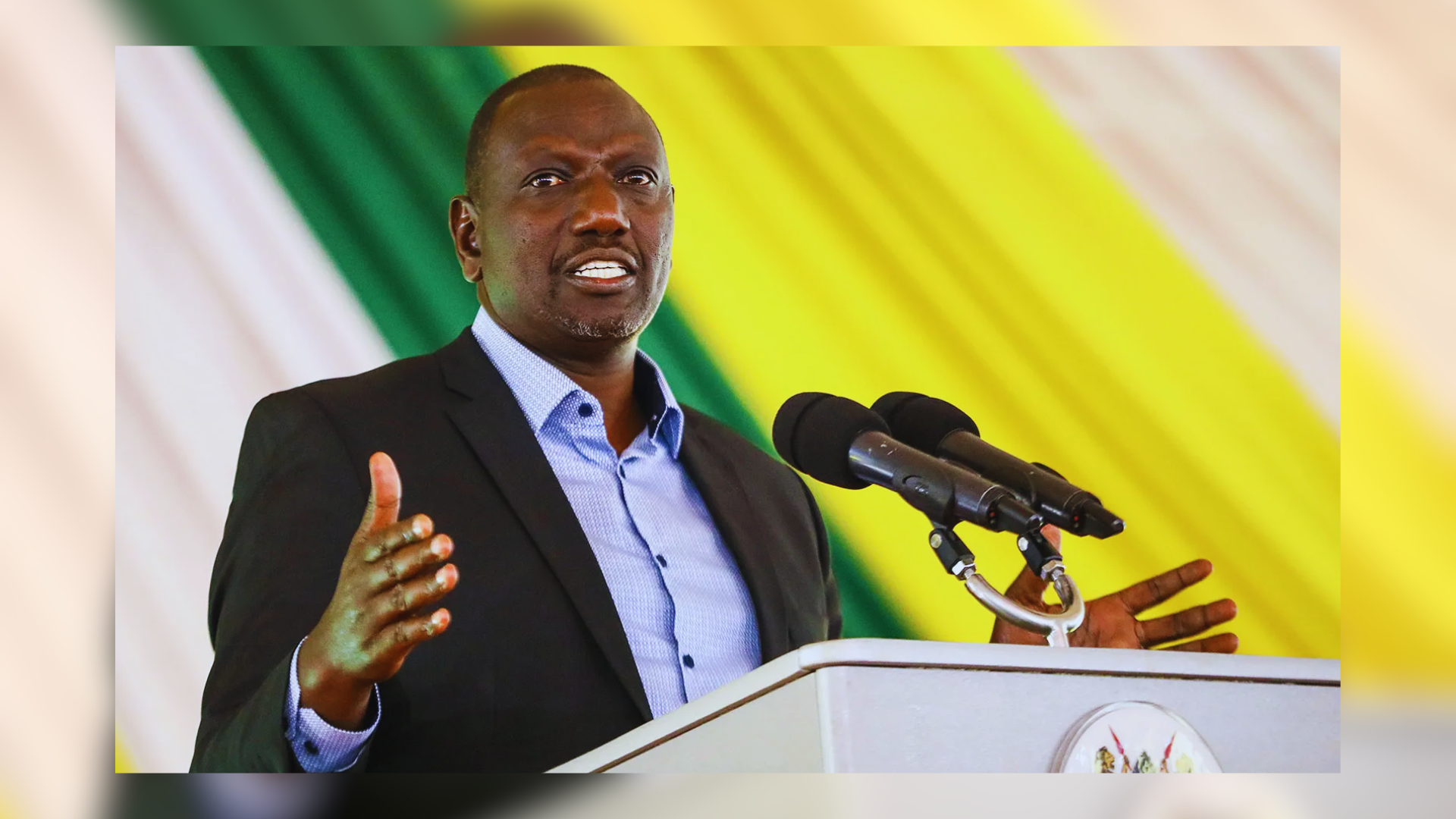Kenyan President William Ruto decided to retract the contentious tax hike bill following widespread violent protests across the nation, resulting in 27 fatalities, according to CNN. His choice not to approve the finance bill came in response to the outbreak of violent clashes in the country.
“Having reflected on the continuing conversation regarding the content of the finance bill 2024, and listening keenly to the people of Kenya who have said loudly that they want nothing to do with this Finance Bill 2024, I concede, and therefore I will not sign the 2024 finance bill,” Ruto said during a television address Wednesday.
“The people have spoken,” Ruto said. “Following the passage of the bill, the country experienced widespread expression of dissatisfaction with the bill as passed, regrettably resulting in the loss of life, the destruction of property and desecration of constitutional institutions.”
Despite Ruto agreeing to their main demand of withdrawing the bill, protesters in Kenya plan to proceed with a “One Million People March” on Thursday. A widely circulated poster on social media urges people of all ages to gather nationwide and block roads leading to Nairobi, the capital.
Additionally, there are calls for protesters to occupy Nairobi’s State House. The escalating protests over the bill, aimed at managing public debt, have garnered attention in Kenya, a country known for its typically stable political environment, as reported by CNN.
READ MORE: Honduras Ex-President, Juan Orlando Hernández Sentenced To 45 Years In Prison For Drug Trafficking
Recently, the government reversed several tax hikes, such as the proposed 16% value-added tax on bread, as well as taxes on motor vehicles, vegetable oil, and mobile money transfers. However, these concessions failed to pacify protests amid increasing living costs. The situation escalated on Tuesday when security forces used tear gas and live ammunition against demonstrators, resulting in fatalities.
Chaotic scenes gripped Nairobi, the capital of Kenya, as government buildings went up in flames and protesters seized a ceremonial mace from parliament. Lawmakers were evacuated as police clashed with demonstrators, as reported by CNN affiliate NTV Kenya. The violence claimed the lives of at least 23 people, according to Kenya’s Police Reforms Working Group (PRWG), a civil society organization.
According to Kenya’s Police Reforms Working Group (PRWG), a civil society organization, at least 23 people lost their lives during the violence. The PRWG, as reported by Amnesty International Kenya, accused the police of targeting young, unarmed protesters outside parliament, with the clashes extending into the night.
They further stated that “reports indicate police shot multiple individuals in Githurai, Nairobi, one person more than 40 times between 10 pm and 1 am, well after the protest had concluded.” In contrast, President Ruto stated in his address that six individuals had died.
CNN reported that Ruto’s reversal surprised observers who noted his firm stance just a day prior. In a nationwide address following the arson at parliament, Ruto characterized Tuesday’s events as a serious threat to “national security,” emphasizing that the discourse on the bill had been “manipulated by dangerous elements.”
ALSO READ: US Supreme Court Accidentally Leaks Opinion Hinting At Abortion Ruling























